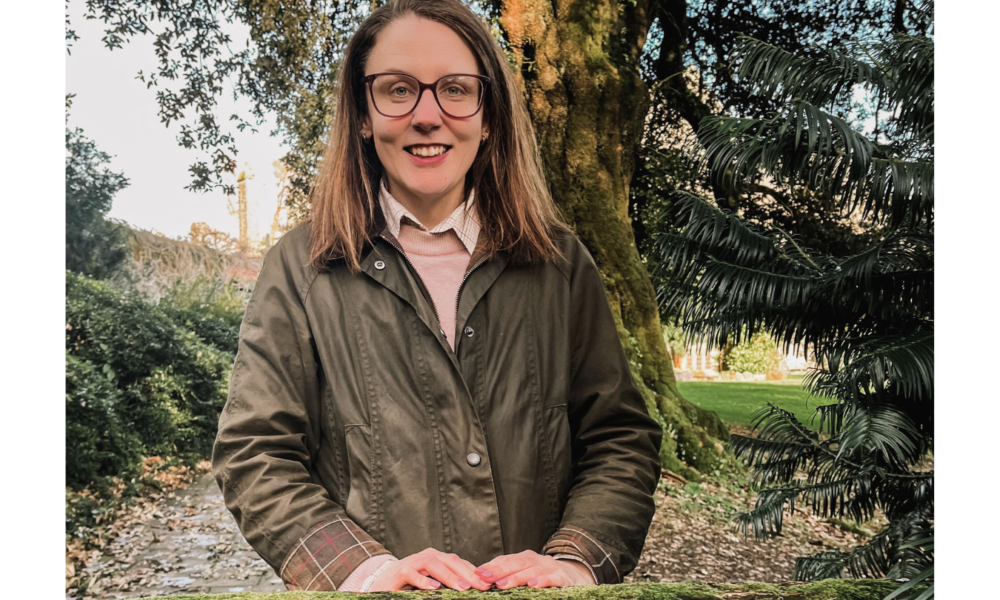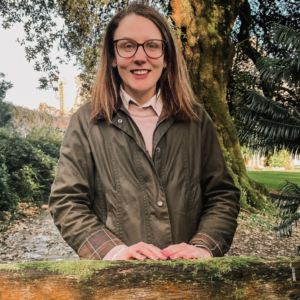Agile at the BES Symposium
Recent News
- Agile Initiative Science-to-Policy Project Fund
- Rainforests, nature and biodiversity at COP30
- Connecting practitioners and researchers

Last week, I had the privilege of representing the Agile Initiative as a partner institute at the British Ecological Society’s two-day symposium, “Nature, Farming and Food: How We Value Our Land,” held in collaboration with TABLE and the Leverhulme Centre for Nature Recovery. Together, we explored how scientists, farmers, policymakers and the public can access and act on the best possible information about what we eat and how it’s grown.
The collective goal of the symposium was to confront the environmental impacts of food production and to forge pathways that work for people, for nature, and for the planet. Kath Dalmeny, Chief Executive of Sustain, set the tone with her opening keynote. Drawing on her wealth of impactful work, she reminded us of the societal and environmental foundations needed to guarantee that everyone has the right to eat well.
The symposium was structured around four interconnected themes: valuing farming, biodiversity, food, and knowledge. Each were designed to tease out critical questions relating to envisioned futures of a vibrant and ecologically friendly food system.
As a member of the symposium committee, I participated in the “Valuing Knowledge” session. I presented some of my policy-led research on co-designing Environmental Land Management in England, with a focus on lessons drawn from the Sustainable Farming Incentive (SFI) Pilot. It was rewarding to share how participatory approaches in the SFI Pilot have already yielded innovative practices and processes, both in terms of nature friendly land management and participatory scheme design, and to discuss how these insights are informing the next iteration of England’s agri-environment schemes. I joined a lively panel debating the ‘escalating culture war’ in UK farming and conservation. There was robust agreement that building trust between sectors, amplifying co-designed research, and grounding debates in transparent data and knowledge are essential steps toward consensus, areas in which the Agile Initiative’s rapid-cycle research approaches can play a critical role!
Agile Research Fellow, John Lynch, also contributed by presenting a fantastic poster on our Sprint on regenerative agriculture. His ongoing research on this sprint explores how diverse concepts of “regenerative agriculture” can be validated and effectively communicated, underscoring the need for clear metrics and stakeholder co-development.
My highlight of the symposium was Tom McVeigh’s keynote in the “Valuing Farming” session. Tom is a mixed farmer from Suffolk and an SFI Pilot participant, and he shared his own journey experimenting with regenerative agriculture and agroforestry. He spoke movingly about why now is a pivotal moment for UK farming and how young farmers must actively shape the discourse around our food system and subsequent policy moving forwards. It was inspiring to hear his firsthand experience of how on-the-ground innovation connects to policy design, and a fantastic example of why generative and innovative partnerships between researchers, policymakers, and practitioners are so vital.
Overall, the BES Symposium reaffirmed for me that transforming food systems will require sustained, interdisciplinary collaboration. As a partner institute, the Agile Initiative is committed to the co-creation of actionable, solutions-led research and to facilitating genuine dialogue. I returned home from the symposium with fresh insights and new connections, ready to feed them back into our Agile programme and to continue my own work encouraging the transition to a more resilient, fair, and sustainable agricultural landscape.



